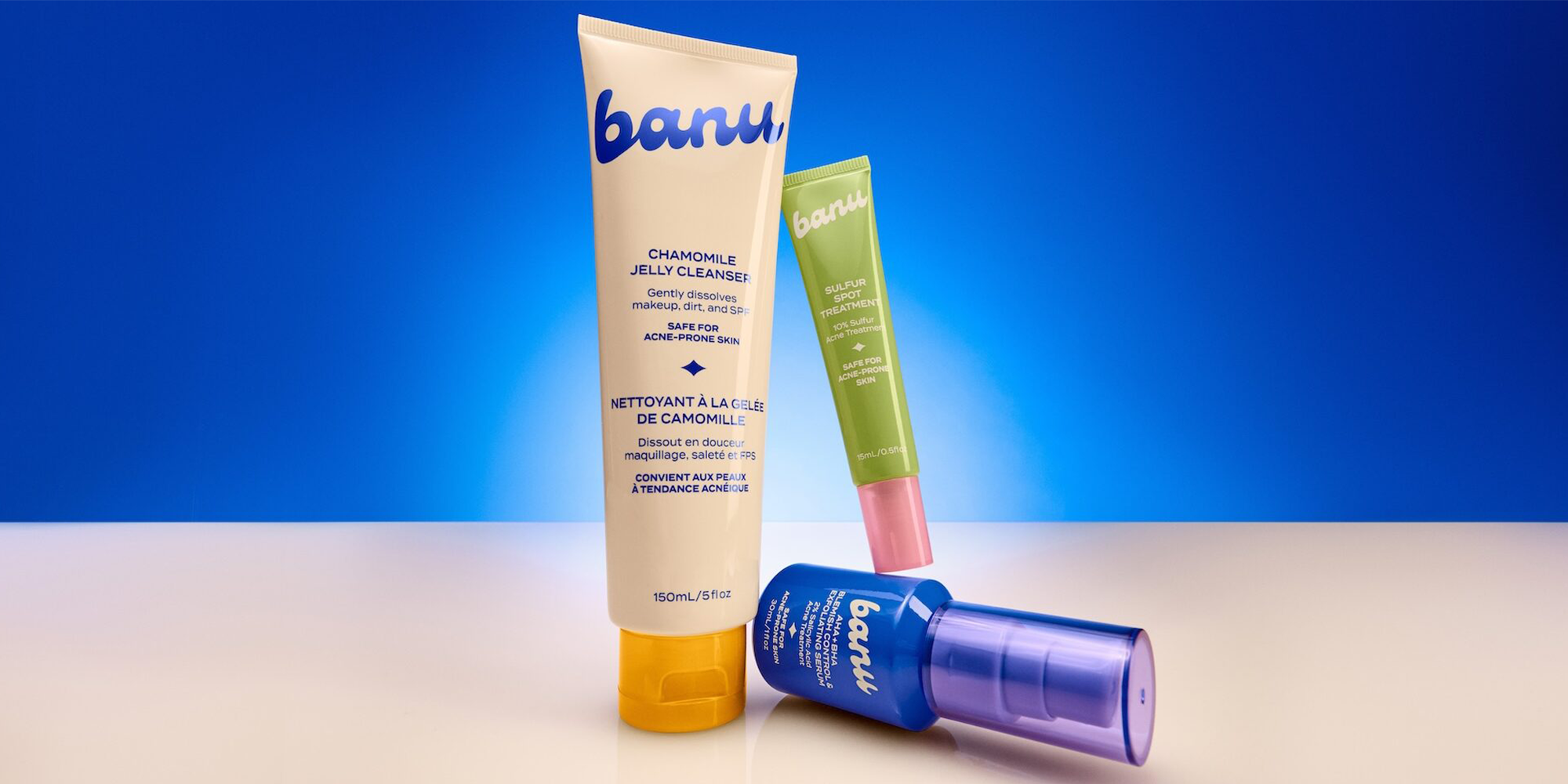
New Acne Brand Banu Skin Launches At Sephora
Banu Skin, a new skincare brand for people with acne-prone skin, is launching on Sephora’s website and its own.
A member of the beauty specialty retailer’s 2024 Accelerate cohort, it’s premiering with three products: $30 Chamomile Jelly Cleanser, $30 Sulfur Spot Treatment and $50 AHA x BHA Blemish Control and Exfoliating Serum. They will be available first on Sephora’s app today followed by the sites on Tuesday. Founder Roz Samimi’s objectives in the development of the products were to make them without pore-clogging ingredients, clinically test them with subjects across the full Fitzpatrick scale of skin tones and have them adhere to European Union cosmetic ingredients standards that are relatively stricter than American standards.
Containing salicylic acid, the perennial acne-fighting ingredient, AHA x BHA Blemish Control and Exfoliating Serum is Banu’s hero product, and it will be showcased in the Sephora app and email marketing during the month of June. “We’re all betting on the serum,” says Samimi. “It’s going to get the most visibility but, ultimately, the consumer is going to tell us what that hero SKU is.”
Samimi, who’s dealt with acne for 15 years, doesn’t want to pigeonhole consumers by throwing ingredients targeting acne into every product. “For example, your cleanser has salicylic acid, your treatment is benzoyl peroxide, your moisturizer has salicylic acid. It’s just kind of overdoing it,” she says. “We want to reframe the narrative around what acne skincare and routines can look like.”
Samimi anticipates it will cost around $1 million to run Banu its first year. That total encompasses product development, over-the-counter formula testing, design, asset creation and marketing. Banu raised funding from family and friends leading up to its launch, but Samimi declined to share how much it raised.
Sephora has been expanding its reach in acne care, a condition that affects around 50 million Americans. Prior to Banu, it introduced Sofie Pavitt Face in December last year. It’s presenting an upscale version of acne care, a segment that traditionally has been dominated by drugstore players like Neutrogena, PanOxyl and CeraVe.

Banu imagines its primary customers as between the ages of 18 and 29 years old, although Samimi believes its audience could extend to people like her with acne into their 30s. “I’ve always felt like acne is overly targeted to people in their teen years, when, in fact, it’s something that you experience during menopause, around pregnancy, in later stages of life,” she says. “So, while we are targeting someone in their twenties, we do hope to be that brand that grows up with you. If I bring it home and my mom has a pimple, she feels good using it.”
One way Banu hopes to appeal to consumers past their teen years is through its packaging. The packaging design took close to two years to perfect, and Samimi describes it as both elevated and approachable. It features a bold logo in a rounded, thick font and vibrant royal blue as a signature color.
“Acne is oftentimes very clinical and boring and sterile, so we wanted to do the opposite of that, but also not be overly youthful that someone who is in their forties struggling with acne feels excluded,” says Samimi. “Acne brands aren’t necessarily lifestyle brands that you’re excited to be a part of the way, maybe, a Glow Recipe is or Youth to the People. So, we really wanted to focus on that design element, of course, on top of our formulas.”
Samimi, who’s of Iranian descent, infuses subtle references to her heritage in Banu without making it the brand’s nucleus. Its name is a nod to her middle name, Banoo, which was passed down from her great grandmother and means “lady” in Farsi.
Banu’s fellow cohort members at Accelerate, Sephora’s brand mentorship program, included Sienna Naturals, Indē wild, Katini Skin, Abi Amé, Maed Beauty, Harlem Perfume Co. and Soft Rows. Soft Rows and Banu were the only pre-launch brands of the bunch. The program offered Samimi a unique opportunity to receive and implement feedback from beauty industry experts in real time as she was creating Banu. She says, “I’ve really been co-building this brand with Sephora.”
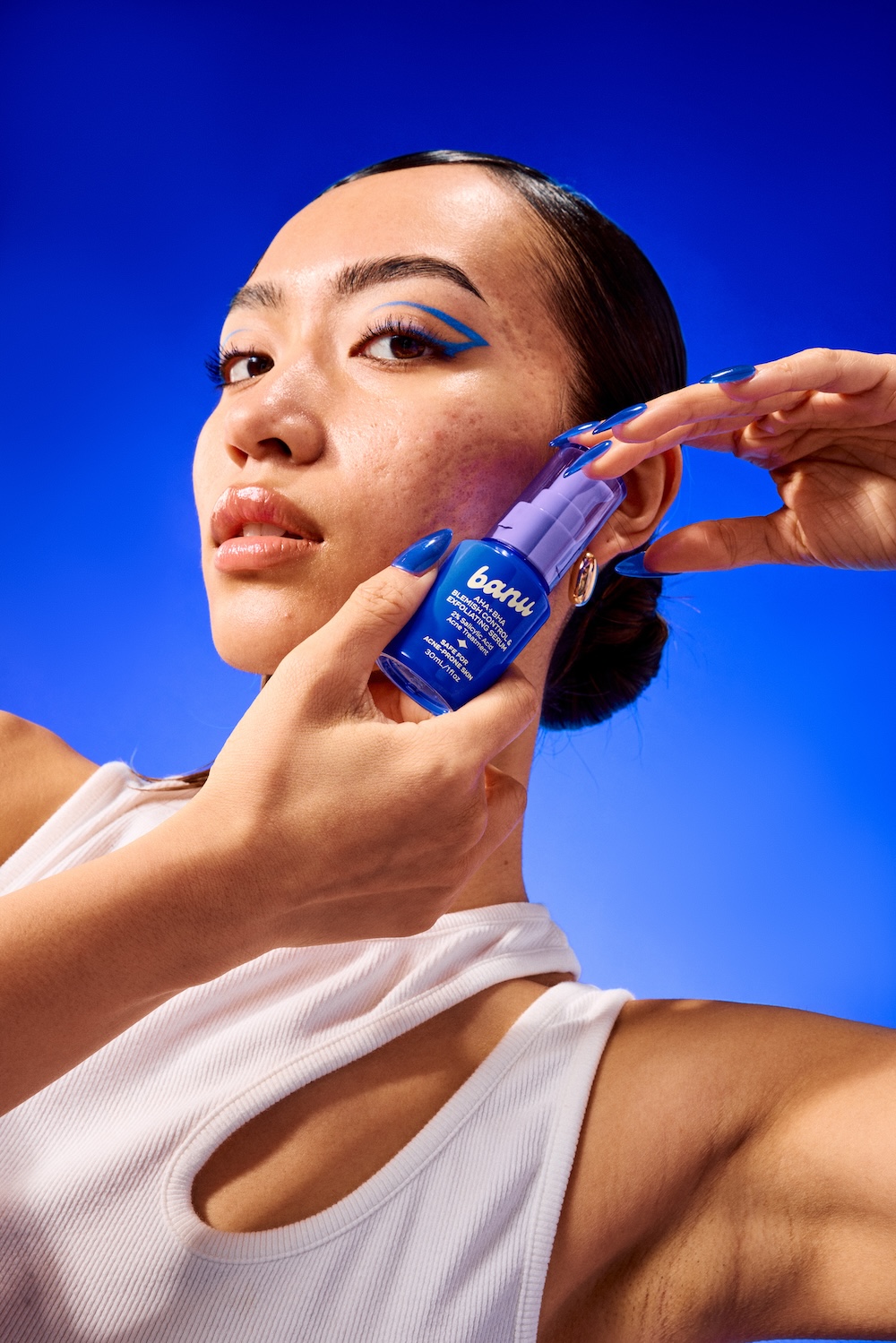
Samimi began Banu’s official social media presence at the start of the month. Leading up to its launch, she posted behind-the-scenes content exposing the messy process of making decisions as a first-time founder. Samimi previously was a client sales executive at artificial intelligence-powered spend platform Brex and program lead at the Sandberg Goldberg Bernthal Family Foundation. One of her posts asked followers to weigh in on packaging pump possibilities after a sample began dispensing product too aggressively. Others showed the day-to-day logistics of running a bootstrapped brand in New York City.
Sandberg Goldberg Bernthal Family Foundation
Sandberg Goldberg Bernthal Family Foundation
Banu has tapped a handful of influencers to post about its products in tandem with its launch. It’s concentrated on people who’ve been open about their experiences with acne and skincare for it. Banu’s site will have more than 30 blog posts to serve as an educational hub for acne-related questions, with topics such as the difference between a purge—or a temporary worsening of acne due to trying new products—and a breakout and whether red light therapy is effective for acne. The goal is to provide clarity in an acne space often filled with noise and misinformation.
Banu is launching a community platform through TYB, which is used by early-stage beauty brands to cultivate loyalty. Offline, an out of home campaign is in the works, and Samimi plans to host events in New York like park meetups to promote connection among people who’ve confronted acne in isolation. She says, “I want to be that antidote to the isolation and bring people together.”
In its initial year on the market, fostering awareness and trust is crucial for Banu. Samimi’s vision is for the brand to be what people think of when they hear the descriptor, “acne-safe” skincare. In her view, it should become as common a claim as fragrance-free or cruelty-free. She says, “Acne safe, safe for all skin tones, clean, all of that should be the baseline, not the bonus.”

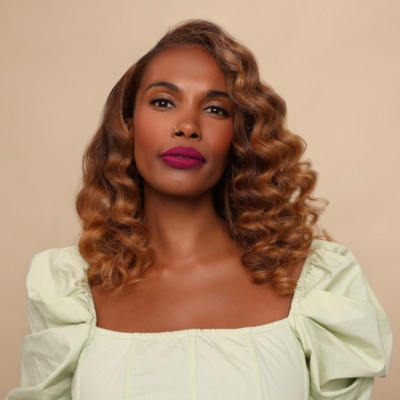
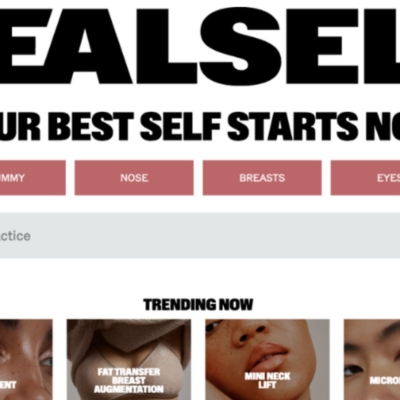
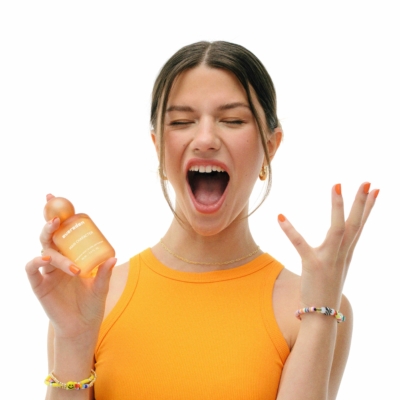
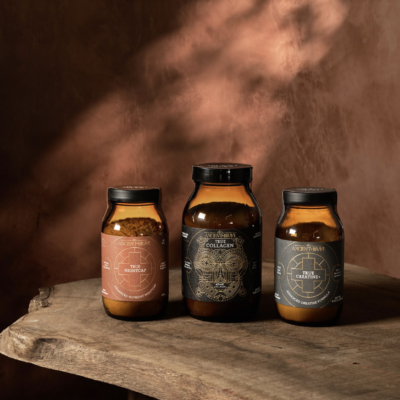
Leave a Reply
You must be logged in to post a comment.